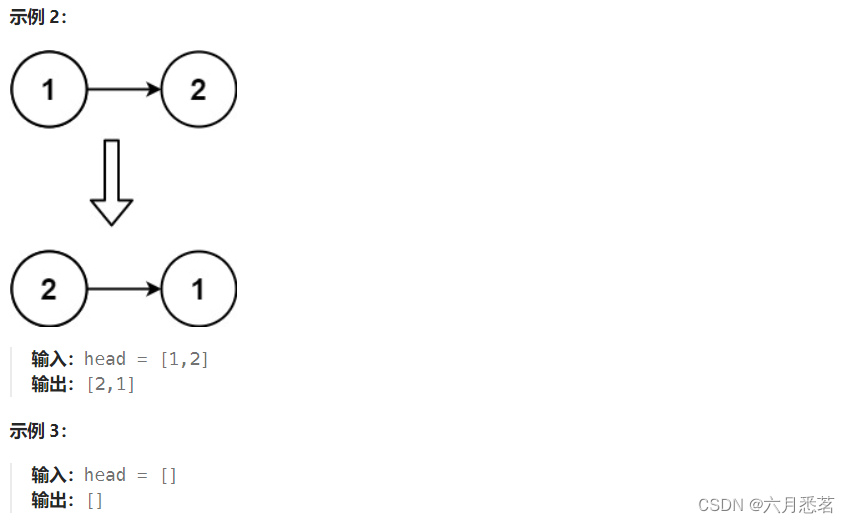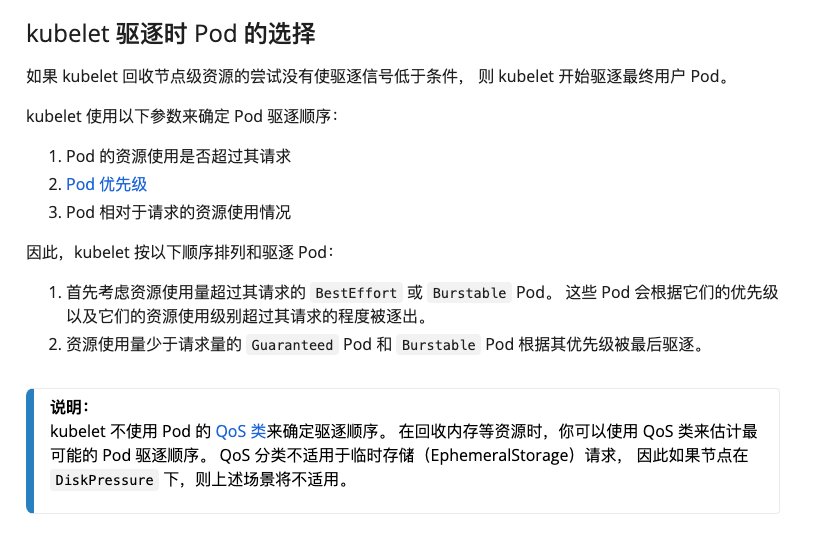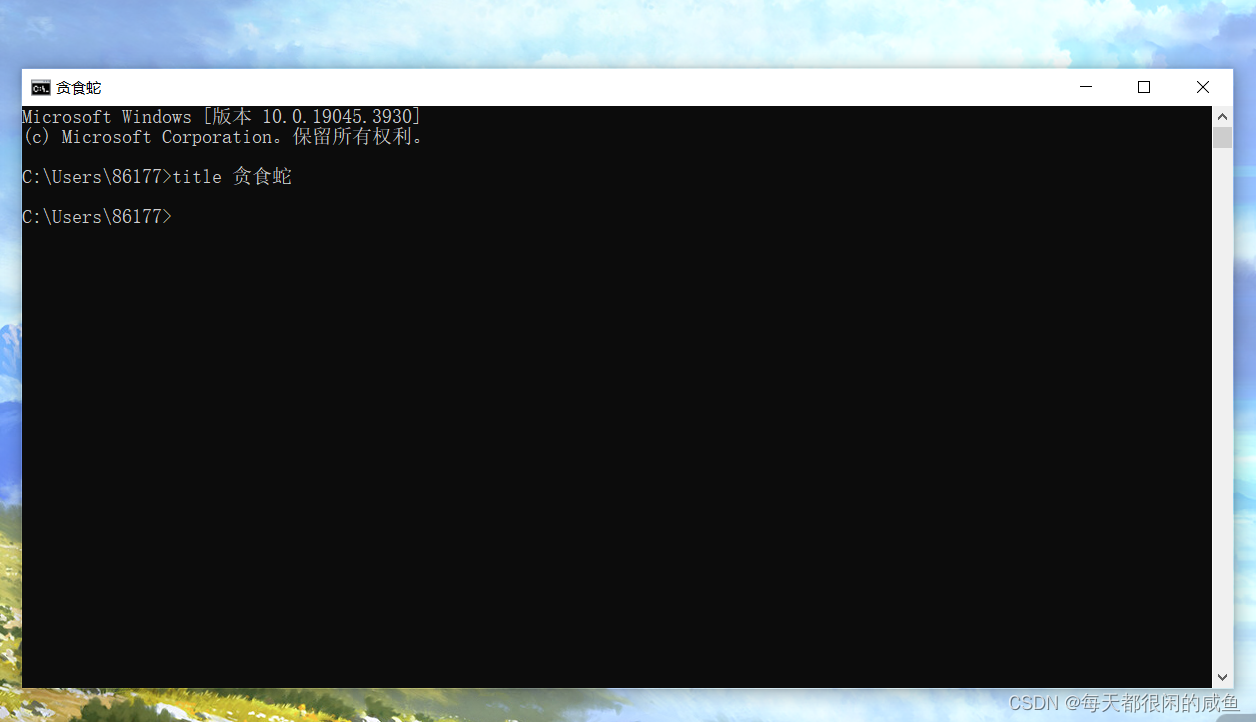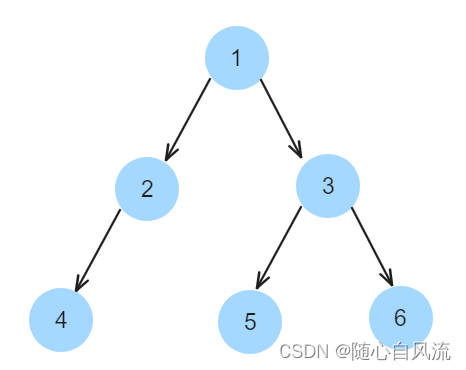本文介绍: 给定两个单链表headA和headB的头节点,返回它们相交的节点。如果两个链表没有相交,返回null。
LeetCode 160: Intersection of Two Linked Lists
题目描述
给定两个单链表 headA 和 headB 的头节点,返回它们相交的节点。如果两个链表没有相交,返回 null。
示例:

解题思路
为了解决这个问题,我们可以分三个步骤进行:
解题方法
复杂度
时间复杂度:
O
声明:本站所有文章,如无特殊说明或标注,均为本站原创发布。任何个人或组织,在未征得本站同意时,禁止复制、盗用、采集、发布本站内容到任何网站、书籍等各类媒体平台。如若本站内容侵犯了原著者的合法权益,可联系我们进行处理。







